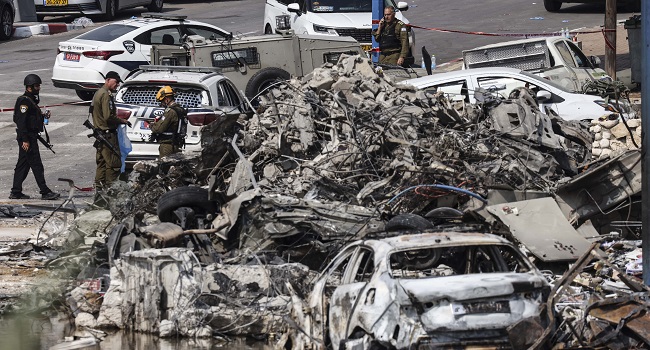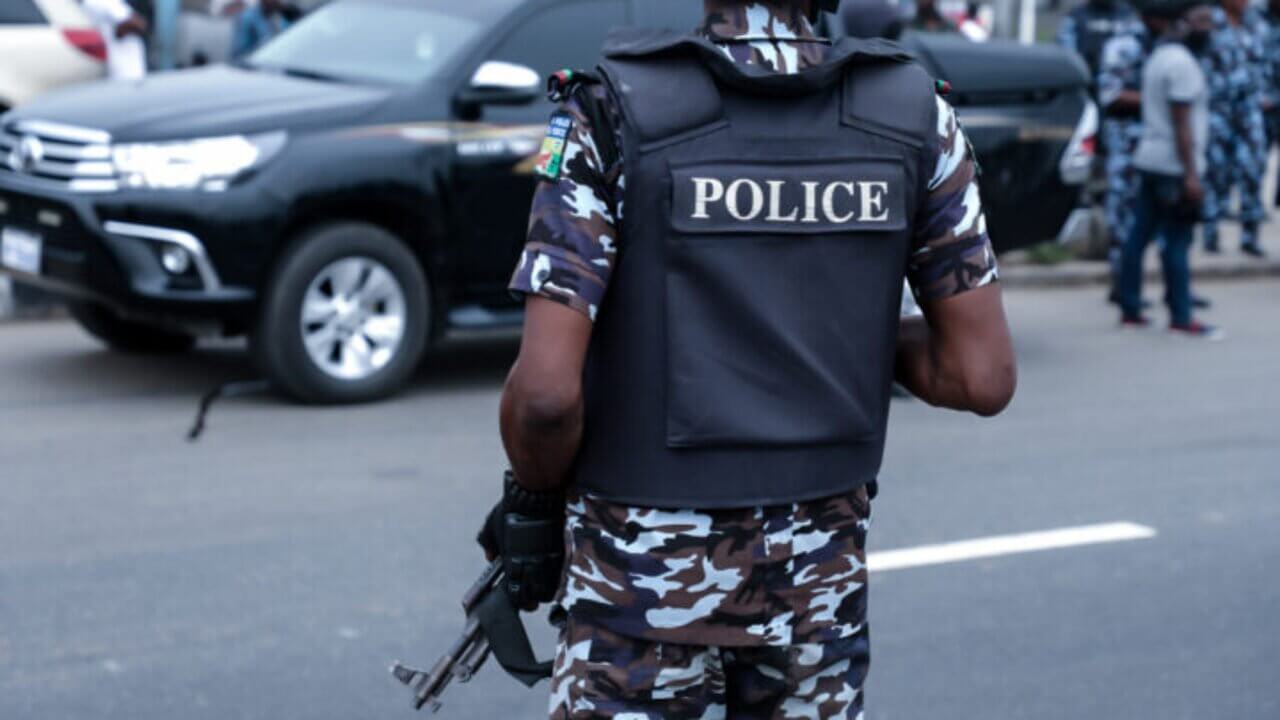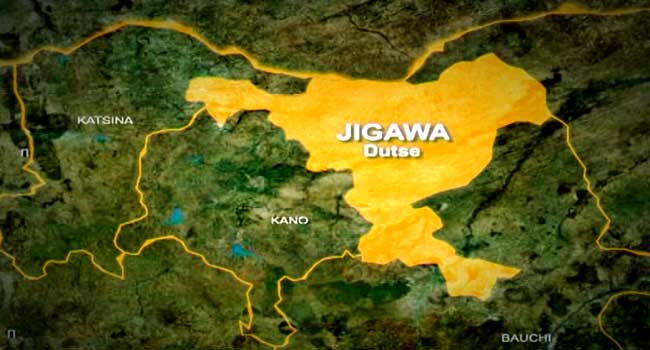Hundreds of Palestinians were killed by Israeli forces in Gaza at the weekend as the Israeli army ordered more areas in and around the enclave’s second-largest city of Khan Younis to evacuate, reports indicate.
Qatar, with the help of Egypt, had facilitated a four-day ceasefire deal which took effect on November 24 but was extended twice.
The ceasefire, which was followed by an exchange of hostages, was sequel to weeks of war in the Gaza Strip after Hamas fighters broke through the militarised Gaza border with Israel on October 7 in an attack.
Before the ceasefire began, Israeli airstrikes and ground invasions had reportedly killed over 14,000 Palestinians, mostly women and children, and forced about 1.7 million Gazans to flee their homes.
The Director-General of the Government Media Office in Gaza, Ismail Al-Thawabta, yesterday told Al Jazeera that more than 700 Palestinians had been killed within the last 24 hours; one of the highest daily death tolls since the war began.
Intense bombings were reported in Khan Younis, Rafah, and some northern parts targeted by Israel’s air and ground attacks between Saturday and Sunday.
“Everywhere you turn to, there are children with third-degree burns, shrapnel wounds, brain injuries and broken bones. Mothers crying over children who look like they are hours away from death. It seems like a death zone right now,” James Elder, UNICEF’s global spokesperson, told Al Jazeera.
An Associated Press journalist reported that the main hospital in Khan Younis received at least three dead and dozens wounded on Sunday morning from an Israeli air raid that hit a residential building in the eastern part of the city.
Separately, the bodies of 31 people killed in Israeli bombardment across the central areas of the strip were taken to Al-Aqsa Martyrs Hospital in Gaza’s central city of Deir el-Balah, said Omar al-Darawi, an administrative employee at the hospital.
In northern Gaza, rescue teams with little equipment reportedly scrambled yesterday to dig through the rubble of buildings in the Jabaliya refugee camp and other neighbourhoods in Gaza City in search of potential survivors and dead bodies.
In a related development, Israel has detained at least 60 Palestinians in overnight raids in the occupied West Bank, according to the Palestinian Prisoner’s Society.
The arrests on Saturday night came mostly in the towns of Hebron, Bethlehem, Jericho, Ramallah, Nablus and Jenin. The Palestinian news agency Wafa reported that at least four women were among those arrested.
The latest arrests add to over 3,000 Palestinians arrested in the West Bank since October 7, according to the UN Human Rights Office. Many prisoners are held without trial or charges, under a system of “administrative detention”.
A Palestinian Civil Defence official told Al Jazeera that conditions across the Gaza Strip are “beyond dire”, warning that rescuers lack the resources to reach all victims of Israeli bombardment.
“There are dozens of civilians being killed in every single air strike. Hundreds are also being wounded,” says Mahmoud Basal, the spokesperson of the Palestinian Civil Defence in Gaza.
“We are doing everything we can with the minimal resources at hand. We start by digging to recover the remains of those trapped under the debris. But no matter what we do, we are not able to salvage everyone. Many remain buried under the debris.”
Basal added that Israeli jets were firing multiple missiles at a singular target, leading to more destruction and casualties.
Hopes of any future cessation in the fighting were dashed on Saturday when Israel announced it was pulling out negotiators from the Qatari capital, Doha, saying talks had reached an “impasse”.
On Saturday evening, the Israeli prime minister, Benjamin Netanyahu, held a press conference vowing to continue the ground assault “with increasing force”, saying it was the only way to achieve Israel’s goal of “eliminating Hamas and releasing our hostages”.
ad
He said the IDF and security forces were continuing the ground incursion while upholding international law – a claim that has been repeatedly called into question by some human rights observers and world leaders.
Gaza hospital conditions unimaginable – WHO
Conditions at the Nasser Medical Complex in southern Gaza are “beyond inadequate”, the Director-General of the World Health Organisation, Tedros Adhanom Ghebreyesus, said after a visit to the medical facility in the besieged enclave.
Ghebreyesus said on Saturday that the facility was crowded with 1,000 patients – more than three times its capacity – with patients filling “every corner”.
“Patients were receiving care on the floor, screaming in pain. These conditions are beyond inadequate – unimaginable for the provision of healthcare. I cannot find words strong enough to express our concern over what we’re witnessing,” Ghebreyesus said.
The director of UNRWA affairs in Gaza, Thomas White, said one of the UN-run schools inside the besieged enclave is now in the midst of a Hepatitis A outbreak.







